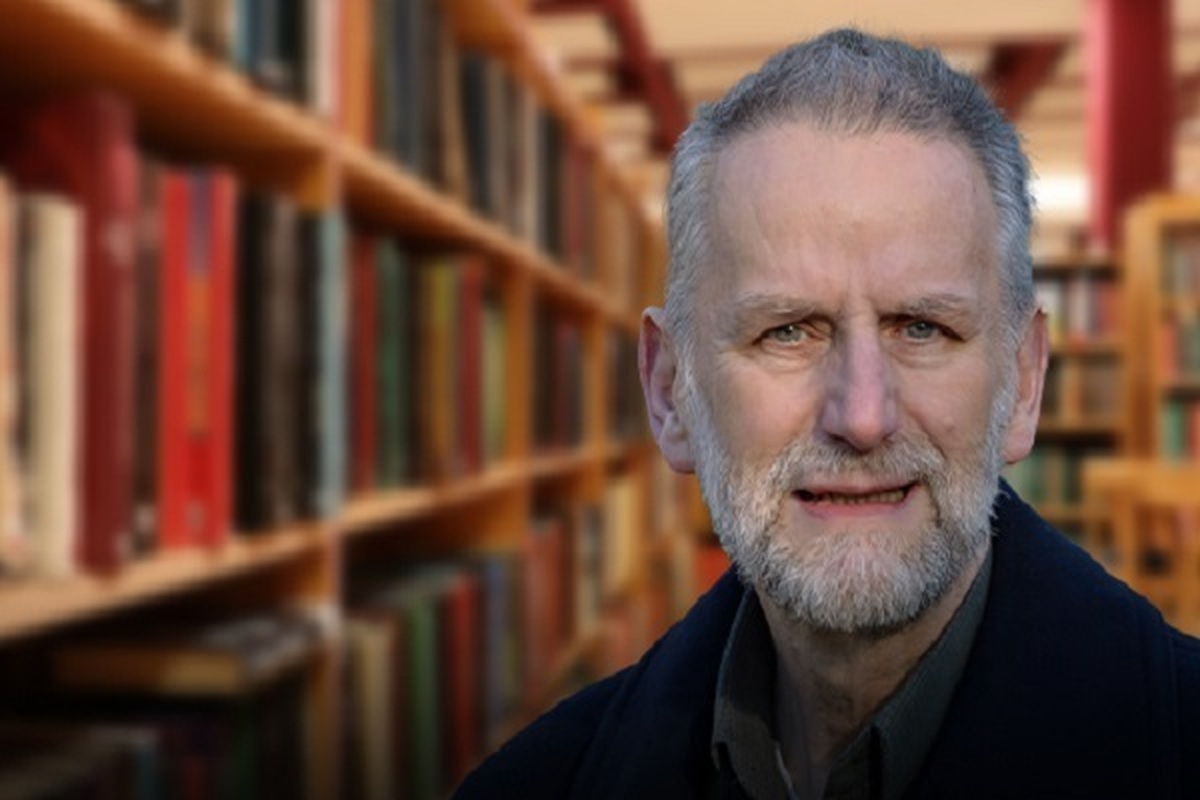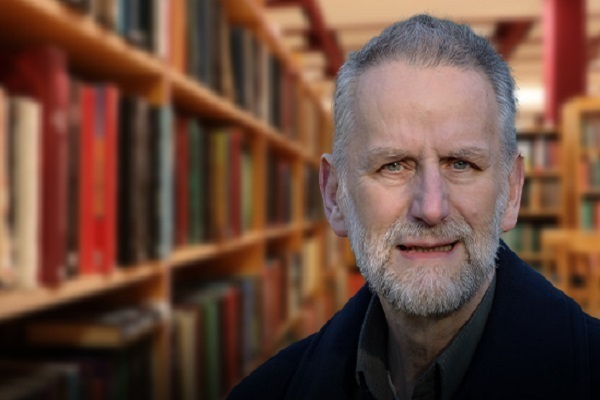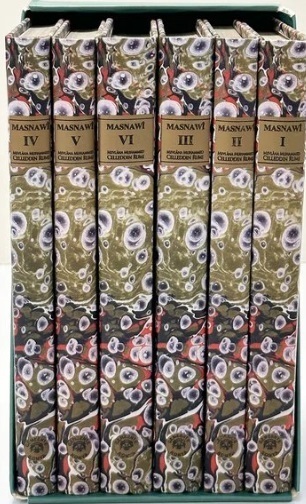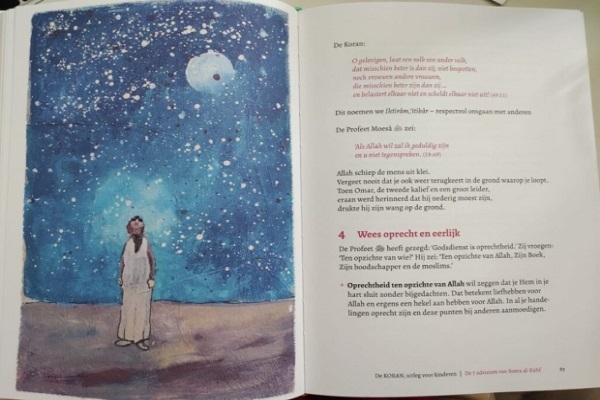A Dutch Scholar Who Tries to Convey Quranic Concepts to New Generation


Wouter van Bommel, who has changed his first name to Abdulwahid after converting to Islam, was born into a Christian family in Amsterdam, the Netherlands, in 1944. His father was a Catholic and his mother a Protestant.
Between 1967 and 1971, he studied Islam, the Holy Quran and Islamic theology in Istanbul.
He also learned the Arabic grammar, Fiqh and Islamic teachings to better understand the Holy Quran.
His journey toward understanding Islam paved the way for him to become more familiar with the mystical teachings of great figures like Jalal al-Din Rumi, and in 2013, he published a translation of Rumi's Masnavi.
After returning to the Netherlands, he married an Indonesian woman named Faridah and began working at Baytur Rahman Mosque in a town in the west of the country.
Since 1992, he has served as the prayer leader of Beklaan Islamic Center in The Hague. He has also been the director of the Nederlandse Moslim Omroep.
He teacher Islamic spiritual courses at the Islamic University of Rotterdam.
In 2017, Abdulwahid published “De Koran: Uitleg voor kinderen”, the first Quran interpretation for children in the Dutch language. The second and third volumes of the book were published in 2020 and 2024.
In this book focuses on the stories of the Ulul Azm Prophets (Noah, Abraham, Moses, Jesus, and Muhammad (peace be upon him). Each volume explores the life of one prophet through the verses of the Quran.
Abdulwahid says the Quran is untranslatable, adding that one can get close to the meaning of the Quran but word-for-word translation is not even close to the experience of reading the Quran and listening to its recitation in the original language.
Read More:
At the unveiling of the third volume of the book at the Ulu Cami Mosque in Utrecht in March 2024, Abdulwahid stated that the book is suitable for teenagers aged ten to fourteen. According to him, this is the best age for developing critical thinking skills and acquiring foundational knowledge that lasts in long-term memory. Knowledge gained after this golden stage typically amounts to little more than the addition of information. Therefore, reinforcing and strengthening religious foundations is crucial for intellectual growth and development during this stage.

The third volume of the book consists of several sections derived from two chapters of the Quran: Surah Al-Kahf and Surah Al-Zalzalah. In addition to discussing history, this book addresses the moral messages that can be drawn from the story in Surah Al-Kahf about the young men who fell asleep in a cave, as well as the figures of Prophets Moses (AS), Aaron (AS), and Khidr (AS), and pharaoh. The values emphasized include patience, choosing the right friends, questions about values in this world, humility, and honesty. In the subsequent section concerning the verses of Surah Al-Zalzalah, the author discusses climate change and concludes with a call to respond to the challenges presented.
The books published in this series include translations and explanations of Quranic verses and images by Senad Alić, a Muslim artist from Sarajevo. Concerns have been raised by some Muslims regarding the rejection of these books due to the presence of human images. However, the author insists on including these elements, believing that illustration is a medium that is easily understood by children and teenagers. While the first two volumes were published by Parton Publishing in the city of Almere, the third volume has been published by the Institute for Understanding, established by several prominent Muslim figures in the Netherlands, one of whom is Anne van Dirk, who actively promotes the importance of family and environmental values based on Islamic teachings and the Quran. This book has been funded through donations from Dutch Muslims.
Read More:
Abdulwahid believes that traditional educational methods through which children in Muslim families receive religious instruction do not always meet their needs. In his view, children are little philosophers. They ask questions, play with words, and their understanding of those words is constantly evolving.

To connect with children, it is important not to instill fear in them. The Quran serves as a source of inspiration for Muslims and is a guiding book that illustrates how Muslims should conduct themselves. He notes that Muslim children in the West generally struggle with contradictions: the experiences they have at school or what they see in the streets often conflict with what they hear from their parents or teachers in the mosque. This book provides tools to discuss these contradictions and issues.
The language of this book is tailored to align with children's philosophical perspectives. Parents often expect the Quran to provide a specific belief system with a complete set of clear rules and ready-made answers for their children. However, it is more valuable for a child to seek out something that interests them on their own. Self-discovered answers have a much deeper impact than externally imposed thoughts. In the Dutch education system, teachers view open dialogue with children as the best preparation for society. A child can ask questions, and in turn, will also be asked questions.
Accordingly, the book "De Koran uitleg voor kinderen" is also intended as a guide that invites children to question their faith and how to navigate it in a Western country like the Netherlands. From this perspective, Abdulwahid aims to raise children to be democratic citizens who value others as much as they value themselves, based on the ethical thinking supported by the Quran.
He says we need to consider the source itself, the audience, the audience’s reaction to the information conveyed, and the social context.

The Netherlands has its own specific cultural and social background regarding religion and secularization, but Abdulwahid believes that English translations are a useful resource for details or for finding a more comprehensible approach to interpreting the verses of the Quran. In an interview, he said, “When you travel to a foreign country, you notice specific details that are more meaningful to the people of that country. That was my approach. Although I have read many translations of the Quran in Dutch, I feel a deeper connection to the text of the Quran in its original language, and the English translations and those by new Muslims also help me.”
Read More:
He believes that any translation of the Quran from Arabic to Dutch should be clear and enlightening. The text must be understood within the specific context of contemporary time and place, having passed through centuries of history and vast geographical distances. Not only should the words of the Quran’s Surahs be meaningful to 21st-century children in the Netherlands, but the historical life of the Prophet Muhammad (peace be upon him) and the lives of the prophets before him should also be comprehensible to them. This approach is similar to the one that Kader Abdollah has taken in his literary translation of the Quran into Dutch. In adopting this approach, a precise psychological understanding of the audience is crucial for any Quran translator.
4253403



